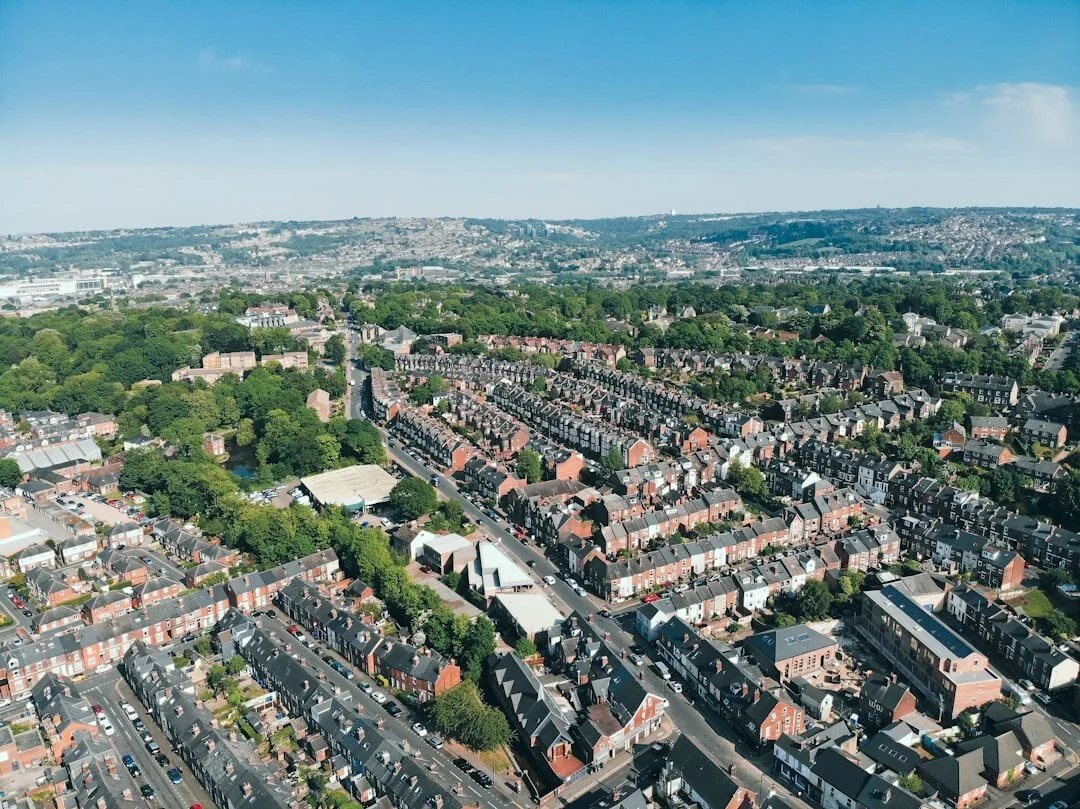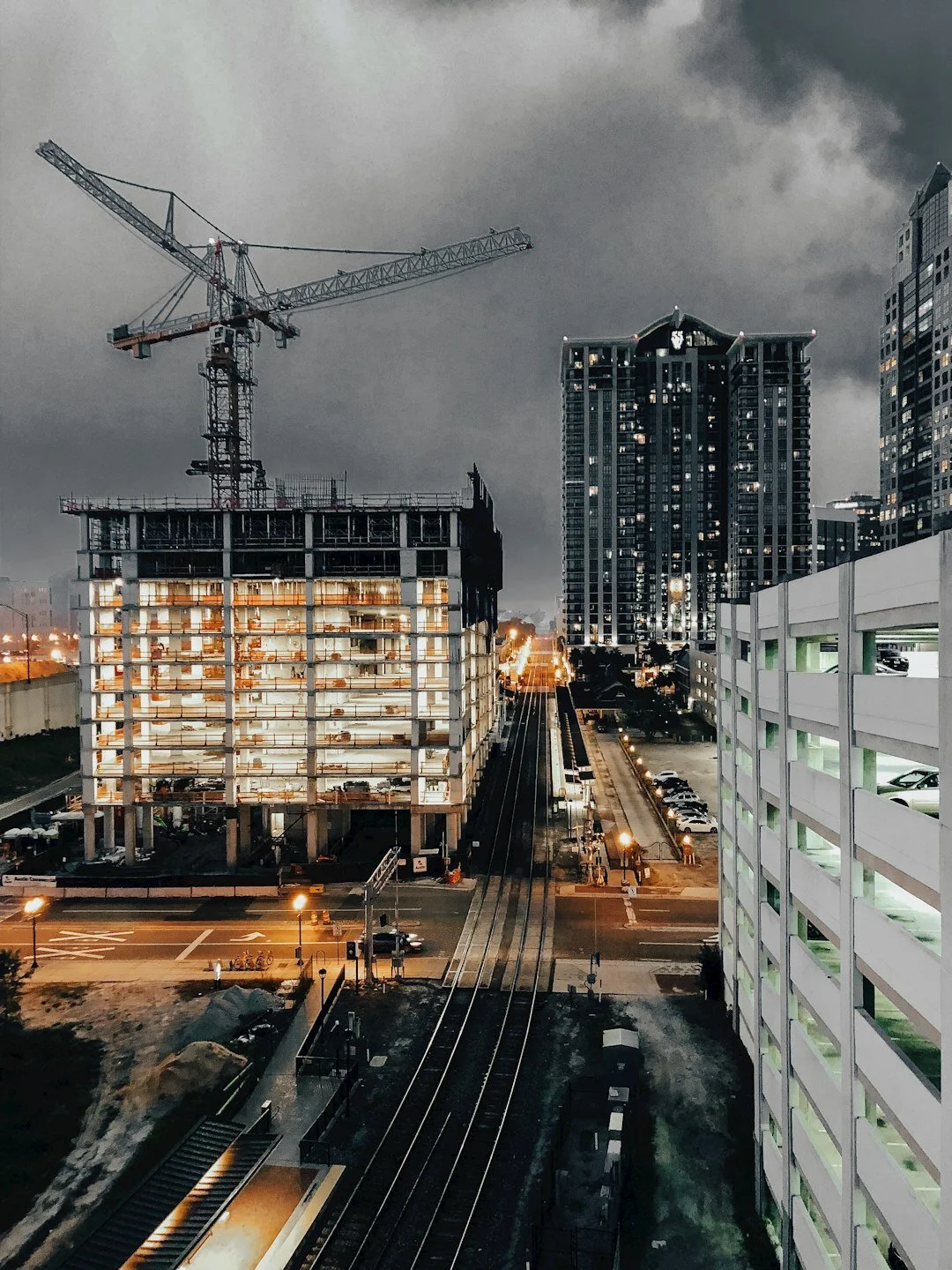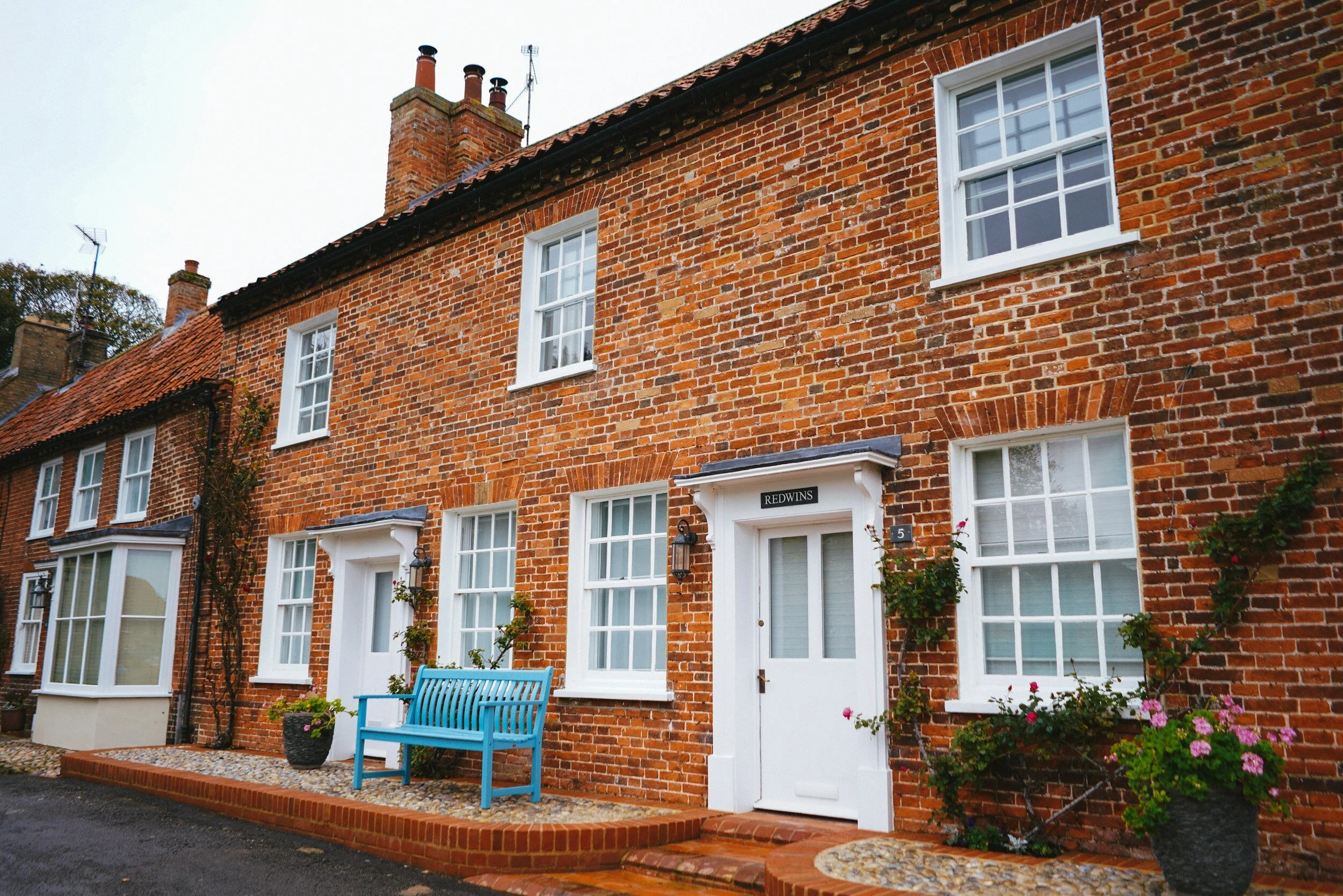
REFURBISHED HOMES
Improving the quality of social housing across the UK
As part of our social impact strategy and ESG strategy, we provide solutions for housing associations to enable them to prioritise the refurbishment and repositioning of their existing social housing stock across the UK.
The Environmental Impact of Construction
According to recent research by construction blog Bimhow, the construction sector contributes to 23% of air pollution, 50% of climatic change, 40% of drinking water pollution, and 50% of landfill waste.
Construction is a highly energy-intensive process, accounting for 40% of global energy usage while building sites can disturb wildlife and the natural balance of biodiversity.
Concrete, the most widely used building material, has a lot to answer for. In an article published in The Guardian, written by the newspaper’s Environment Editor, Jonathan Watts, it was named as “the most destructive material on Earth”. According to Watts, if the cement industry were a country, it would be responsible for the third largest quantity of carbon dioxide emissions in the world, beaten only by the USA and China.
While new developments are necessary to house a growing global population and it is possible to lessen the environmental impact through greener building practices, at Crescom Partners, we are firm believers in utilising existing stock to increase the much-needed supply of quality social housing.
By refurbishing existing residential properties for social housing, we can:
Create new homes while minimising environmental impact.
Improve a property’s energy efficiency, helping to reduce the UK’s housing carbon footprint.
Ensure social housing is delivered to Local Authorities more efficiently.
Keep vulnerable people integrated within existing communities.

Some of the Benefits in Repurposing Existing Residential Housing Stock for Social Housing Supply:
We improve the energy efficiency and BER rating of older buildings, thus lessening the country’s overall housing carbon footprint.
Faster lead times for delivery. It much more time-efficient to refurbish a building than to build a new one from scratch.
Infrastructure and neighbourhood amenities are usually already in place with existing stock and there is no need to build new roads, erect new bus stops etc.
We are upgrading empty or redundant housing and pivoting its use to generate positive social impact by providing homes for those in need in communities across the country.






